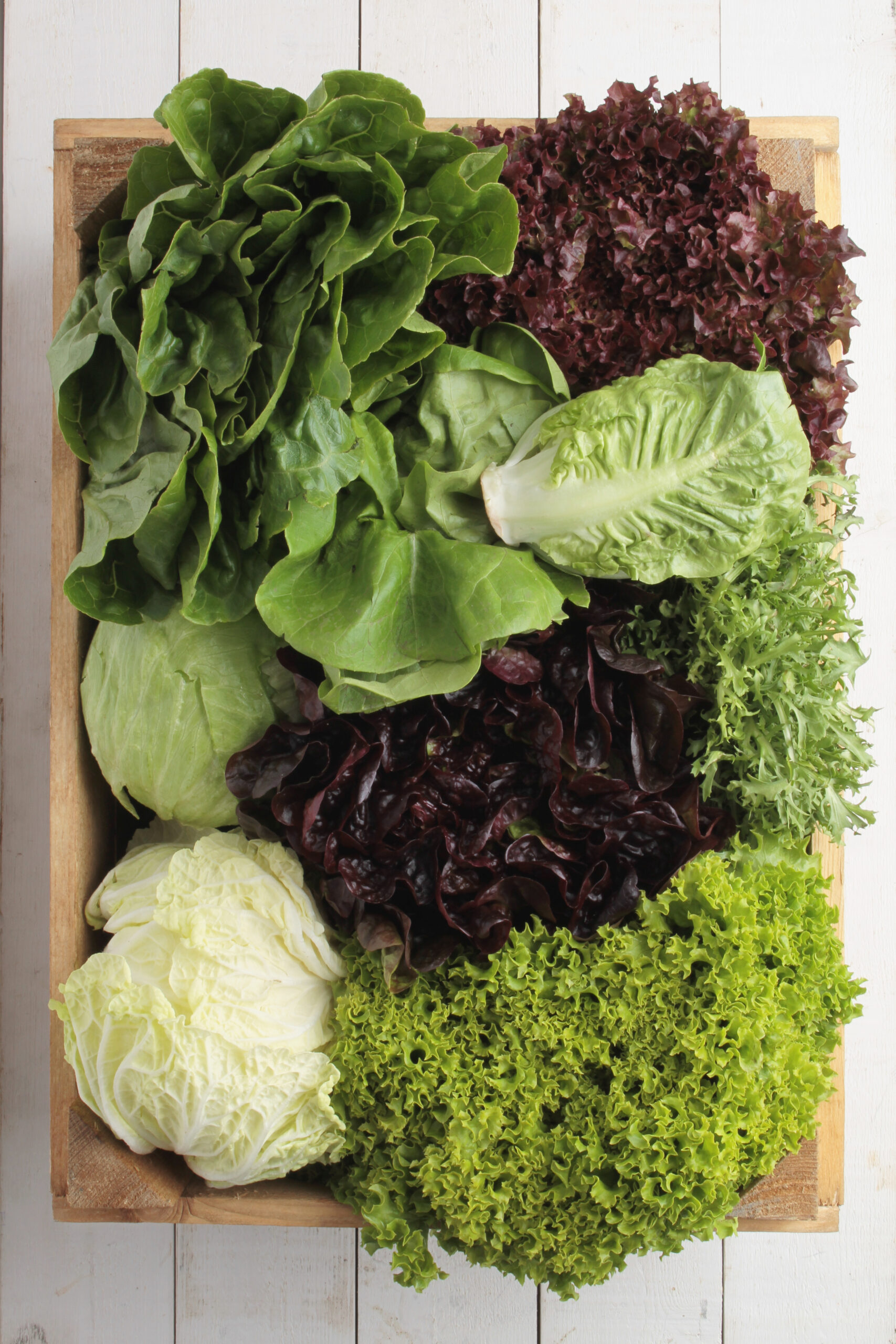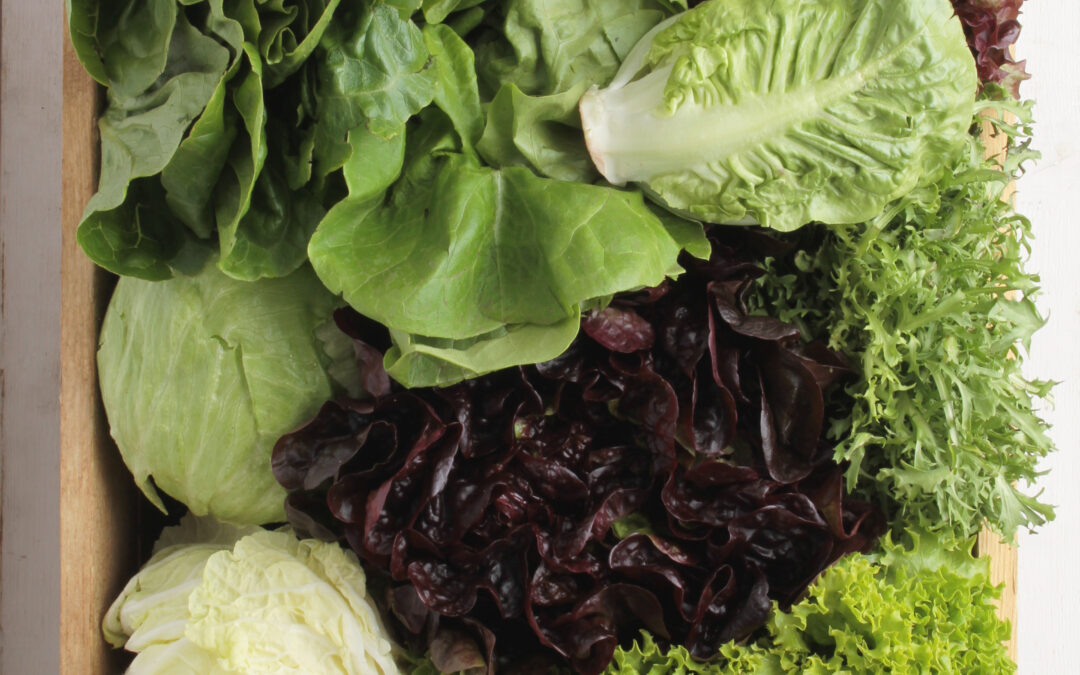Organic gardening is a popular hobby that has gained traction in recent years. People are becoming more conscious about the food they eat, and organic gardening allows them to grow their own fresh produce without using synthetic chemicals or pesticides. In this blog post, we will explore some tips and tricks for successful organic gardening.
Introduction to Organic Gardening
Organic gardening involves growing plants naturally, without the use of artificial fertilizers or pesticides. Instead, you rely on natural methods such as composting, crop rotation, and companion planting to keep your garden healthy. The goal of organic gardening is to create a sustainable ecosystem where plants can thrive without the need for synthetic interventions.
The Benefits of Organic Gardening
There are many benefits to organic gardening. Firstly, it’s better for the environment because it reduces the amount of synthetic chemicals being used. Secondly, it produces healthier fruits and vegetables because they aren’t exposed to harsh chemicals. Thirdly, it saves money because you don’t have to buy expensive fertilizers and pesticides. Finally, it’s a great way to connect with nature and get exercise.

Tips for Preparing Your Soil
One of the most important aspects of organic gardening is preparing your soil. You want to make sure that your soil is rich in nutrients so that your plants can grow strong and healthy. Here are some tips for preparing your soil:
Add compost to your soil. Compost is an excellent source of nutrients and helps improve soil structure.
Use cover crops. Cover crops help prevent erosion and add nitrogen to the soil.
Rotate your crops. Crop rotation prevents soil depletion and helps control pests.
Choosing the Right Plants and Seeds
Another essential aspect of organic gardening is choosing the right plants and seeds. You want to choose varieties that are well-suited to your climate and growing conditions. Additionally, you should look for heirloom varieties that are open-pollinated and non-GMO. These types of seeds are more likely to be adaptable to different environments and less susceptible to disease.
Natural Pest Control Methods
Inorganic gardening, people often resort to using harsh chemicals to control pests. However, in organic gardening, you need to find natural ways to control pests. Here are some natural pest control methods:
Attract beneficial insects like ladybugs and lacewings which feed on pests.
Plant companion plants that repel pests like marigolds and nasturtiums.
Make homemade remedies like garlic spray or neem oil.
Harvesting and Preserving Your Crops
Finally, when it comes time to harvest your crops, you want to do so at the optimal time to ensure maximum flavor and nutrition. Here are some tips for harvesting and preserving your crops:
Harvest your crops when they are ripe but not overripe.
Learn how to properly store your crops to extend their shelf life.
Consider freezing or canning your excess produce to enjoy during the offseason.
Conclusion
Organic gardening can be challenging, but by following these tips and tricks, you can achieve success. Remember to always prioritize sustainability and avoid using synthetic chemicals whenever possible. With hard work and dedication, you can grow your own delicious and healthy produce while also helping the environment.





